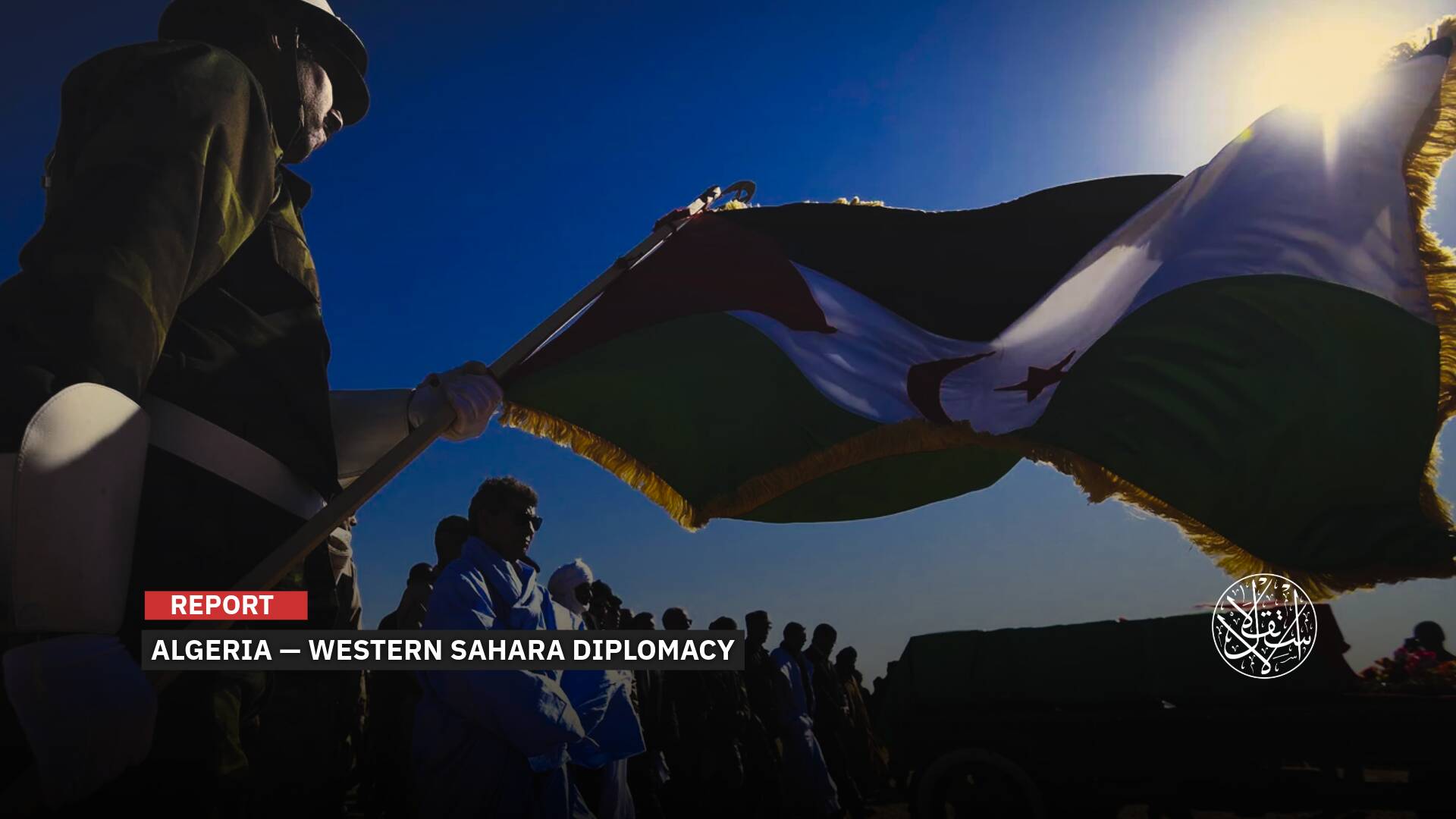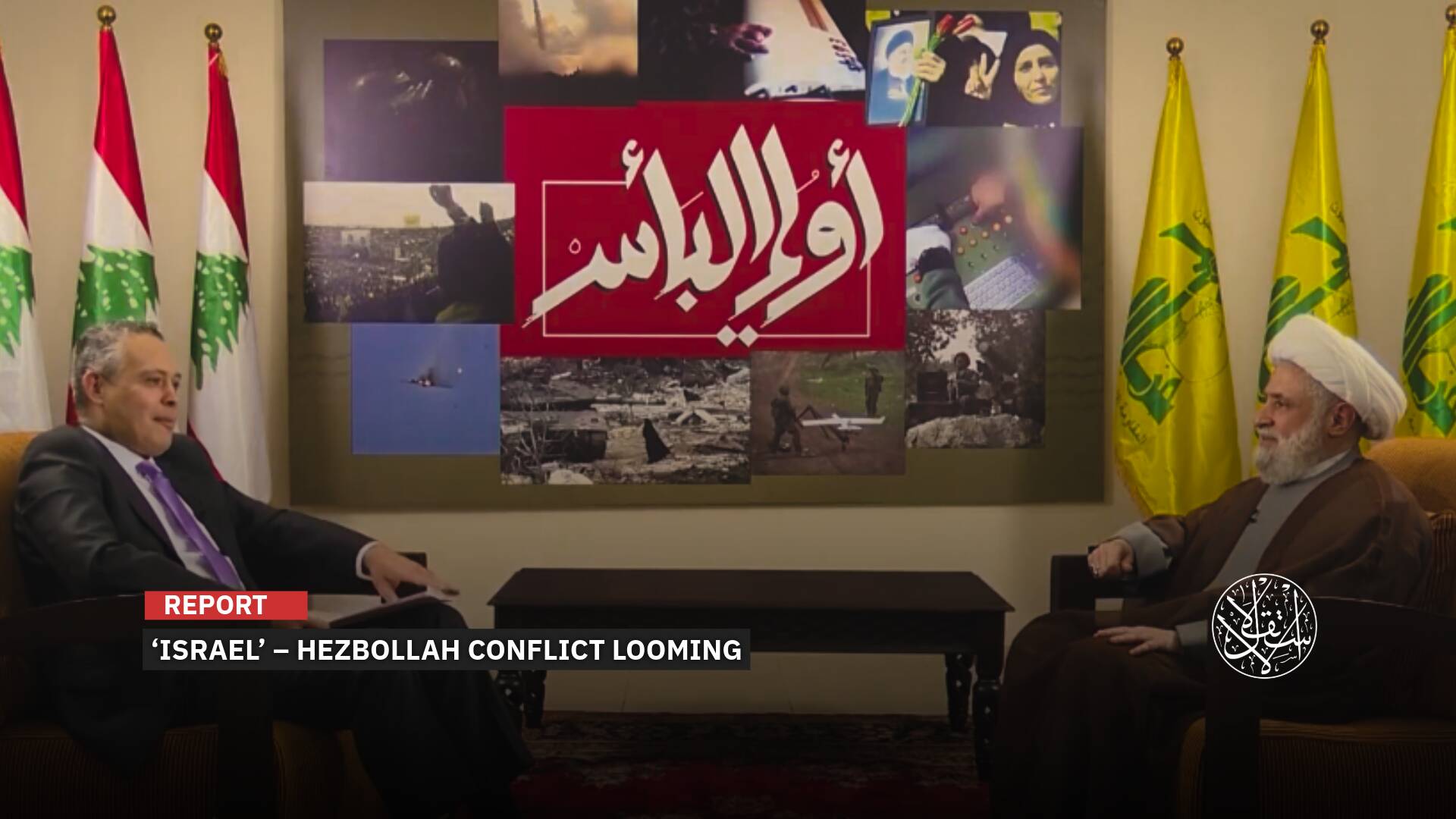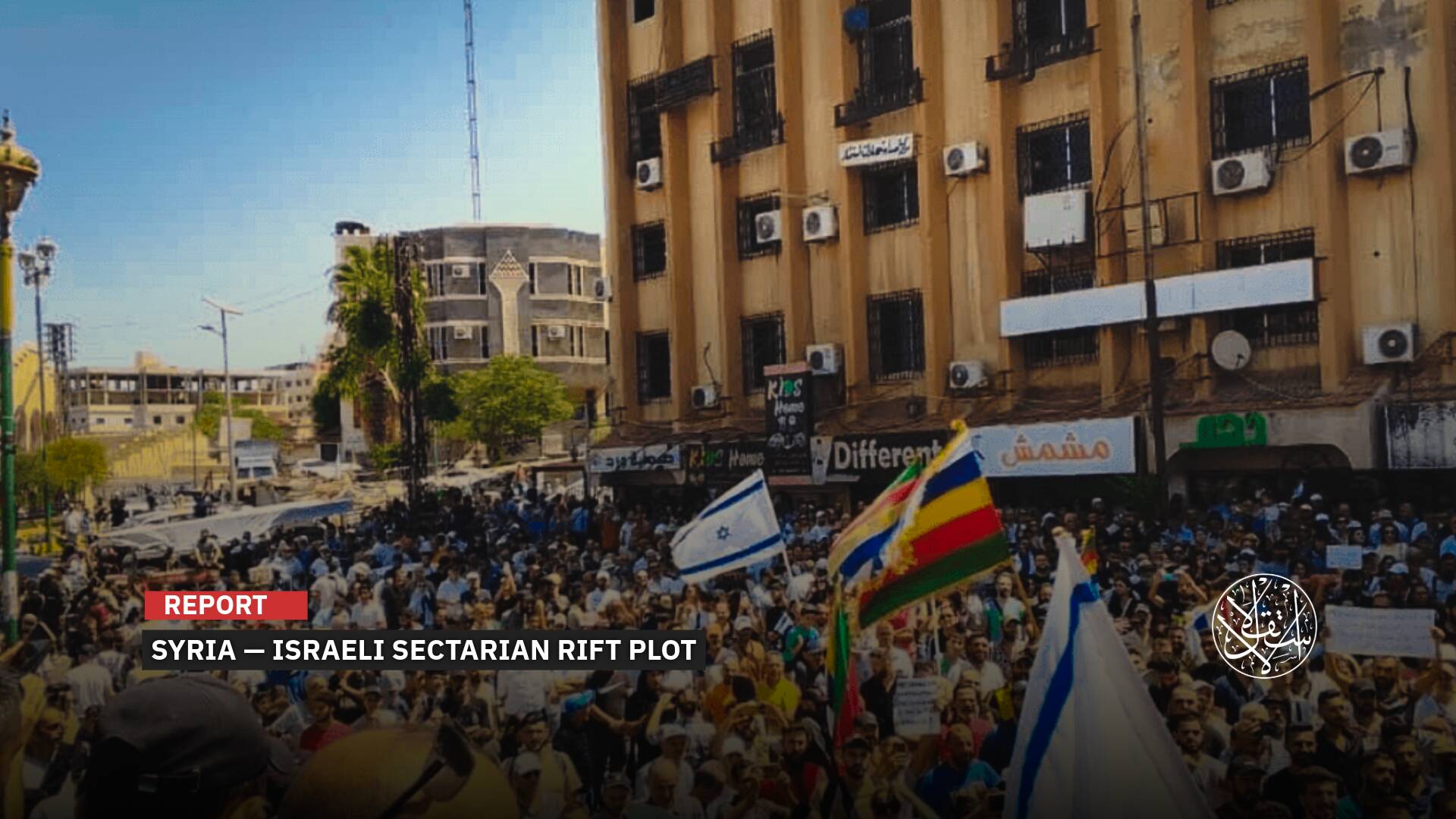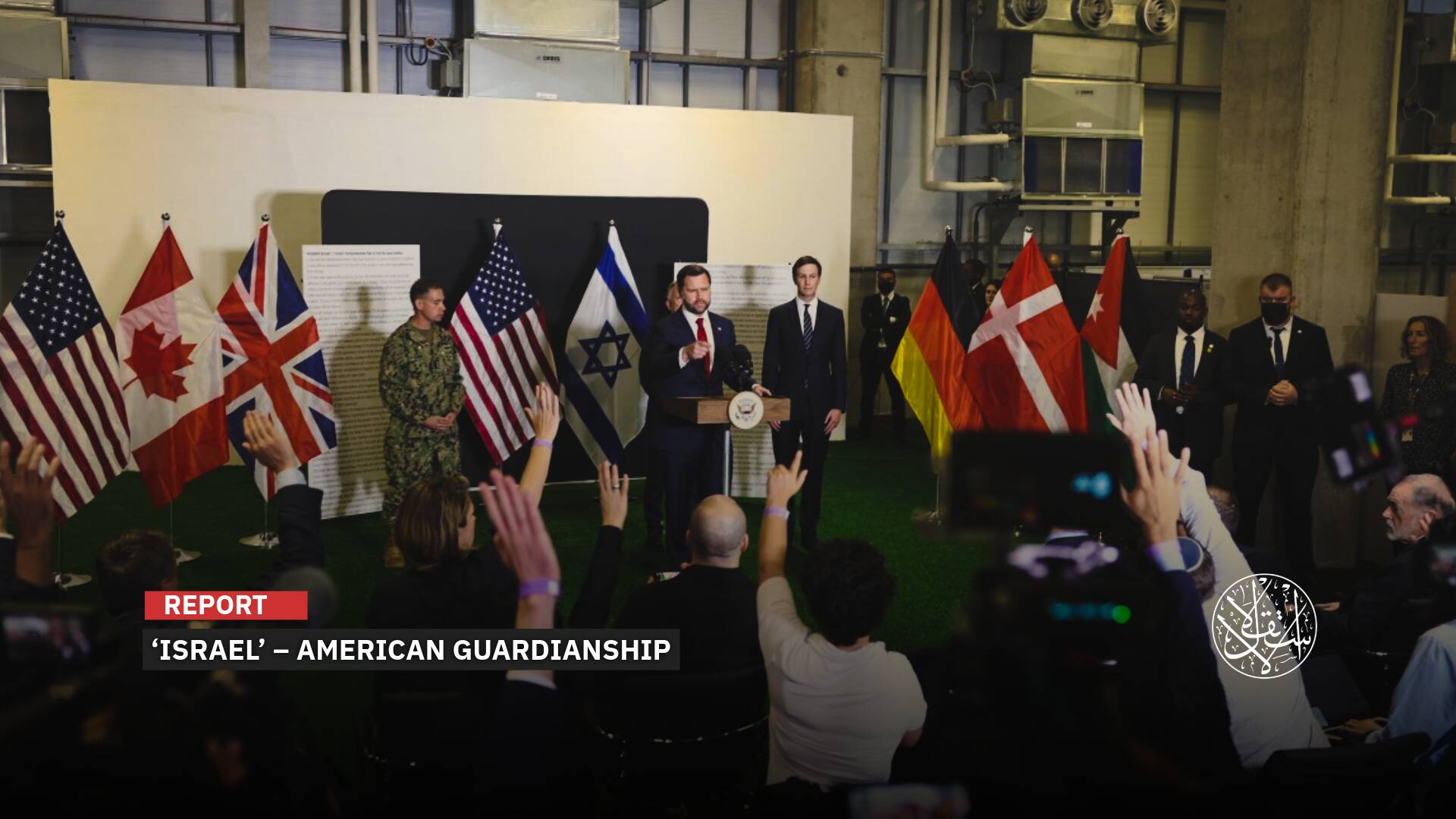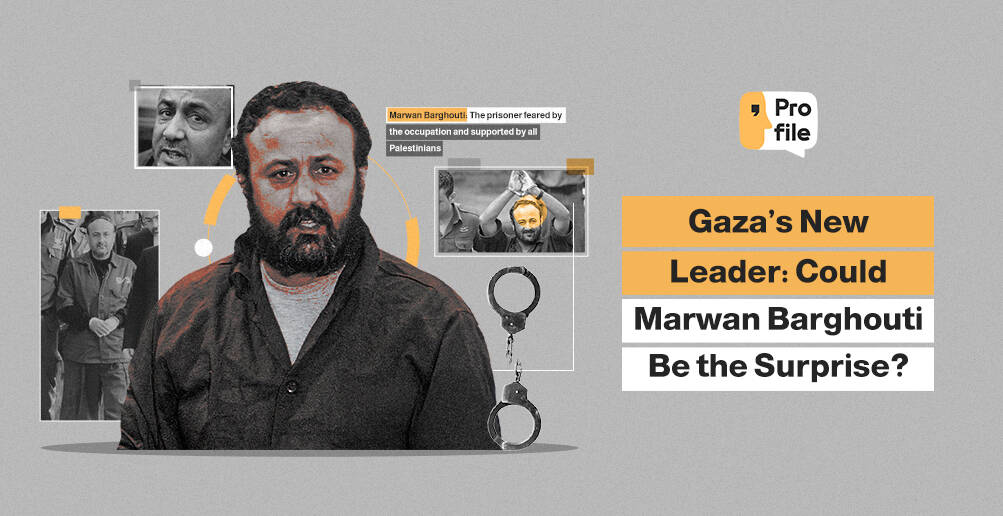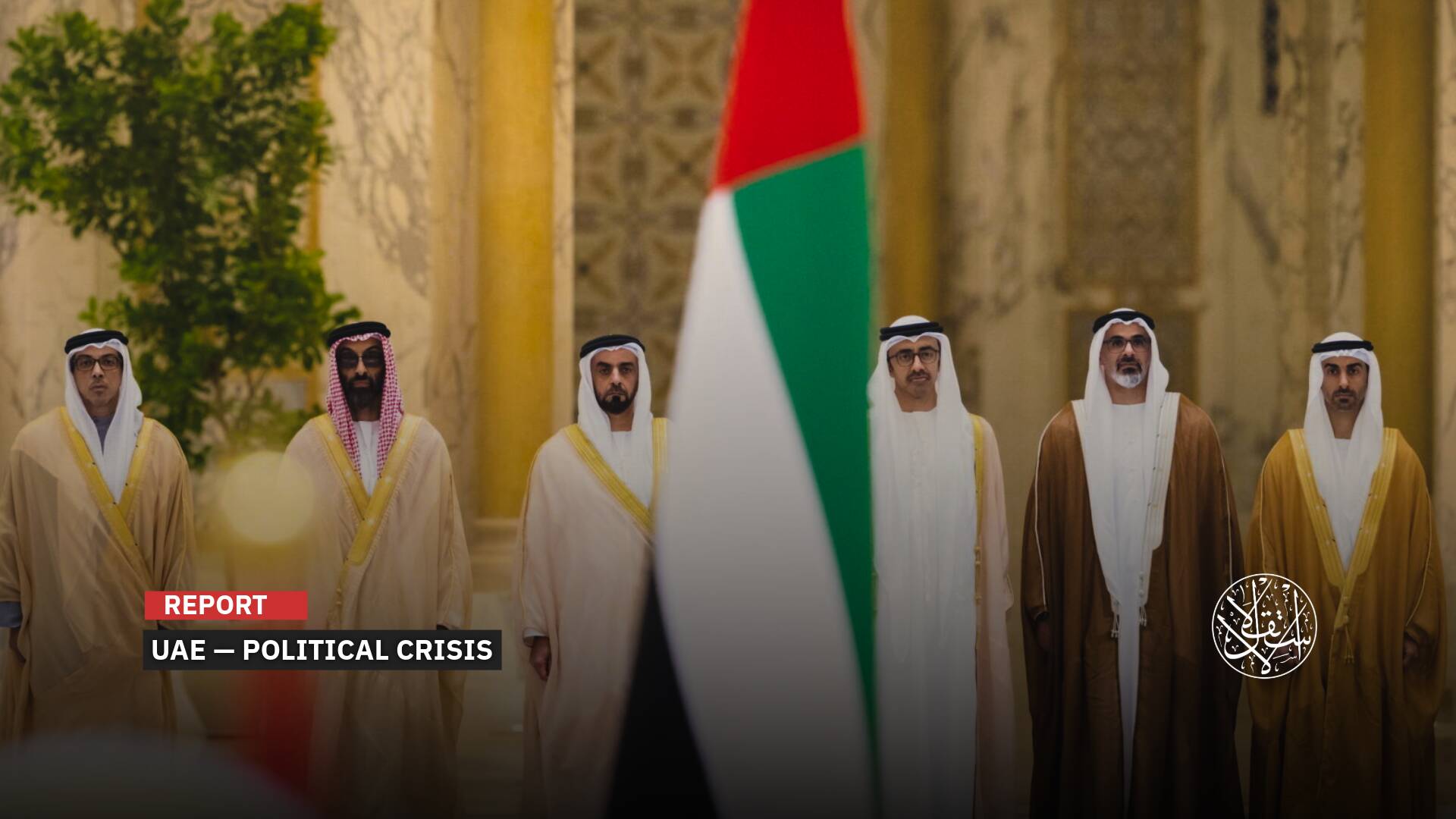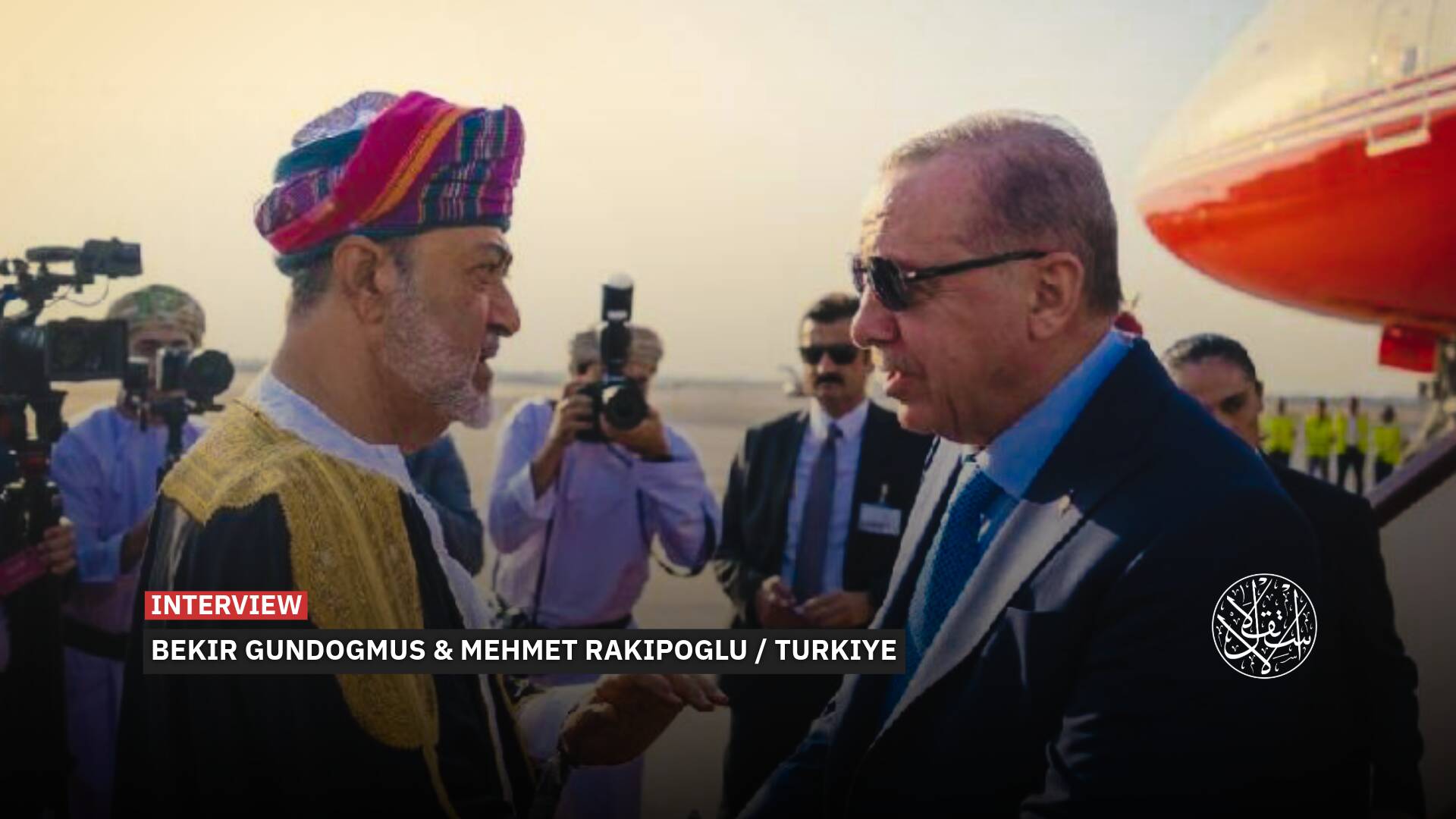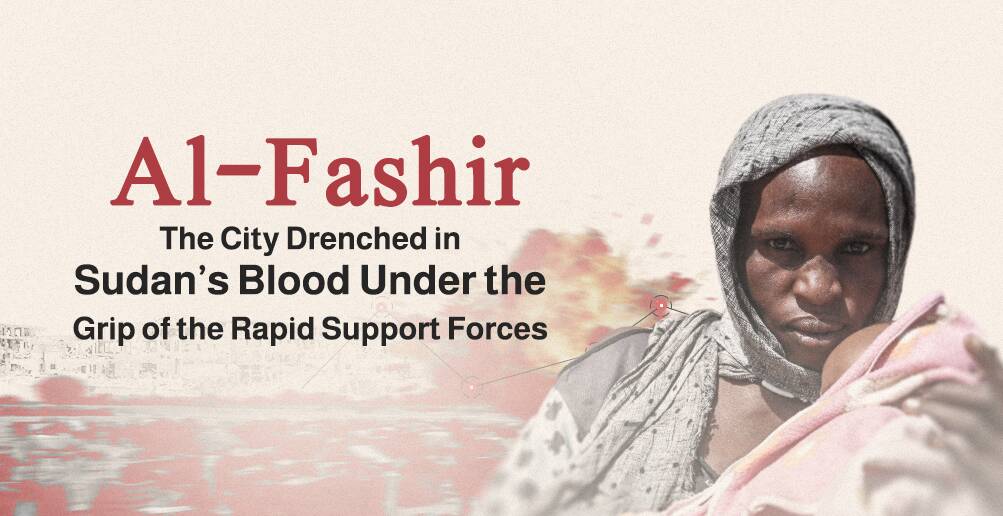Iraq's Extradition of Political Opponents: Sectarianism and Double Standards

Al-Araji hinted that the handover of Khalidi was due to his previous attack on Nasrallah.
Although Iraq is currently governed by former political refugees who came to power after the overthrow of Saddam Hussein’s regime in 2003, this has not prevented them from handing over political opponents to their home countries, in direct violation of both the law and the principles of asylum that governed their own experiences as refugees before assuming power.
Despite the fact that such deportations place the lives of these political opponents at risk—some of whom have already been executed—this issue has often been overshadowed by political courtesies and, notably, sectarian considerations.
Salman Khalidi
In the post-2003 era, Iraqi authorities have handed over numerous political opponents to their home countries, with the latest being Kuwaiti activist Salman Khalidi, 25, who had sought asylum in the United Kingdom.
Khalidi was detained at Baghdad airport while attempting to return to Britain after spending several days in Iraq.
On January 1, 2025, Kuwait’s Ministry of Interior announced the transfer of the wanted activist, Salman Khalidi, who had outstanding legal sentences, from Iraqi authorities.
The ministry hailed the handover as a significant security achievement, reflecting the strength of international cooperation and the coordination of efforts between brotherly nations.
According to the ministry’s statement, Khalidi had been sentenced to 11 years of imprisonment, and a warrant for his arrest had been issued both regionally and internationally since the end of 2023, based on judicial rulings.
A global alert was sent to all countries to apprehend and deport him to Kuwait.
Notably, Kuwait’s Interior Minister and First Deputy Prime Minister Sheikh Fahad al-Yousef al-Sabah personally attended the handover at the Kuwaiti-Iraqi border, where he received Khalidi from Basra Governor Asaad al-Eidani.
The ministry released a photograph showing Khalidi at the Abdali border crossing in Kuwait, bound and lying on the ground.
Another image circulating online showed Basra Governor Asaad al-Eidani standing alongside Kuwait’s Interior Minister Sheikh Fahad al-Yousef, raising questions about why the latter was present instead of Iraq’s Interior Minister.
Al-Eidani explained that "the individual in question was arrested according to an international warrant at Baghdad airport, and was subsequently transferred to Basra airport by Interpol, where he was handed over from Iraqi Interpol to their Kuwaiti counterparts in accordance with agreements between the two."
He justified his presence by stating that he was representing the Iraqi government during Khalidi’s handover at the border, as the Kuwaiti Interior Minister attended, while his Iraqi counterpart was unable to be present due to prior commitments.
At the age of 17, Khalidi began to make a name for himself in the media, gaining recognition as an outstanding student in scientific fields and representing Kuwait in academic events across the Gulf.
Later, he emerged as a vocal advocate for the Palestinian cause, delivering impassioned speeches at solidarity rallies and via social media platforms.
However, his political transformation became more pronounced following the 2018 assassination of Saudi journalist Jamal Khashoggi at his country's consulate in Istanbul, an event that led Khalidi to strongly denounce the Saudi authorities.
In 2022, the Saudi embassy in Kuwait filed a case against Khalidi, leading to a five-year prison sentence.
This prompted him to flee Kuwait and seek asylum in the UK, which granted him political refuge.
While in the United Kingdom, Khalidi posted videos of himself chasing Kuwaiti officials around Britain, throwing eggs at them and hurling insults.
As a result, Kuwaiti courts issued several prison sentences against him on various charges related to his posts and videos.
Khalidi continued to present himself as a Kuwaiti opposition activist until his citizenship was revoked in April 2024.
Afterward, he shifted from being a political dissident against his country’s government to advocating for an armed revolution against Kuwait.

Extradition of Opponents
This was not the first time Iraq had handed over political opponents to their home countries, where they were wanted for political reasons.
On September 7, 2024, Iranian Kurdish opposition figure Behzad Khosravi, a member of the Iranian Kurdish Democratic Party, was handed over to Iran.
The Kurdish internal security forces (Asayish) in Sulaymaniyah, a province in the autonomous Kurdistan region of Iraq, governed by the Iran-allied Patriotic Union of Kurdistan (PUK), announced that they had transferred an Iranian Kurdish activist belonging to a prominent opposition party to Iran, as confirmed by the party in a statement.
The Asayish stated that their investigations revealed that, after the arrest of Iranian national Behzad Khosravi for lacking residency papers in Sulaymaniyah, it was discovered that he had no legal residency status in the Kurdistan region and had no involvement in political activities.
However, the Iranian Kurdish Democratic Party confirmed Khosravi’s membership, noting that he had been summoned twice by the Asayish prior to his arrest and handover to the Iranian intelligence services.
In a statement on September 8, 2024, the party highlighted that Khosravi, along with his mother and sister, had been granted residency permits in Sulaymaniyah, where they had lived legally for over ten years.
The party further emphasized that Khosravi was registered as a refugee with the United Nations High Commissioner for Refugees (UNHCR) in the Kurdistan region and held political asylum there.
The Kurdish Democratic Party of Iran (KDPI), founded in 1945, is the oldest Kurdish political party in Iran.
Tehran views it, along with other such groups, as "terrorist" organizations that have been based in the semi-autonomous Kurdistan region of Iraq for decades, accusing them of launching attacks on Iranian soil.
Before Khosravi’s handover, Iraqi authorities had also transferred prominent Iranian opposition figure Roohollah Zam.
Baghdad was his final stop before he mysteriously disappeared, only to reappear in Tehran shortly after, where Iranian authorities announced his arrest in October 2019.
While Tehran did not specify the location or date of his arrest, Iranian dissidents reported that it occurred at Baghdad airport as soon as Zam arrived from Jordan.
Hassan Razi, director of the opposition Ahvazi Center for Media and Strategic Studies, told the U.S.-based al-Hurra TV channel that Zam had been lured by Iranian intelligence, who deceived him into believing that Iraq's top Shia cleric, Ali al-Sistani, wanted to meet him.
Razi added that Zam was assured he would meet al-Sistani in secret at his home in Najaf, as a prominent journalist who exposed sensitive issues within the Iranian regime.
On December 12, 2020, Iranian authorities executed Zam by hanging, accusing him of "enemy of the revolution" and his involvement in the 2017 protests against Tehran.
Zam, the son of reformist Shia cleric Mohammad Ali Zam, had been the head of the Amed News channel, which had over a million followers on Telegram before the platform itself suspended the channel in 2018, after Iran accused it of inciting violence during the public protests.
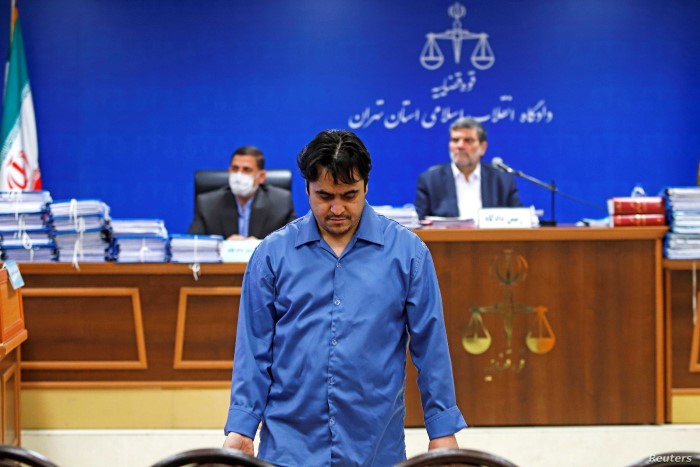
The Scent of Sectarianism
Although the handover of political opponents violates Iraqi laws, and even contravenes the operations of Interpol, which Baghdad invoked during the handover of Salman Khalidi, a close associate of Iraqi Prime Minister Mohammed Shia al-Sudani hinted at a sectarian dimension to the Khalidi case.
According to the Iraqi Constitution, Article 21/Second explicitly prohibits the extradition of political refugees to the authorities of their home countries.
Additionally, the Iraqi Criminal Procedure Code No. 358 forbids the extradition of individuals wanted for political offenses to their home countries or the countries they fled from.
Interpol, which operates in 195 countries worldwide, is tasked with pursuing individuals wanted for criminal offenses such as murder, corruption, human trafficking, terrorism, and other serious crimes.
It does not, under any circumstances, intervene in political cases, whether related to opposition or political views.
Furthermore, Interpol does not compel countries to extradite individuals involved in cases it handles, as this is left to the local laws of the countries hosting those individuals. This helps explain why the UK did not extradite Khalidi, who had been living on its territory as a political refugee for two years.
When asked why Khalidi was handed over, despite the fact that Iraq’s ruling class consists mostly of former political refugees, former Iraqi Deputy Prime Minister Bahaa al-Araji, a close ally of al-Sudani, stated that "the Kuwaiti opposition figure is not a political refugee in Iraq, so there is no reason not to hand him over."
In a sectarian tone, al-Araji responded to Iraqi parliamentarians sympathetic to Khalidi, saying, "This person has videos attacking the former leader of Hezbollah, Hassan Nasrallah, and speaking against him. Does that satisfy you?" he remarked during a television interview on January 6, 2025.
On January 4, 2025, Nissan al-Zayer, a member of the Iraqi Parliament's Human Rights Committee, filed an official request to interrogate Interior Minister Abdul Amir al-Shammari over the handover of Khalidi to Kuwaiti authorities.
The Shiite lawmaker condemned the action as "a violation of the Iraqi Constitution, particularly Article 21/Second, which forbids the extradition of political refugees to any country," emphasizing that “the handover of Khalidi constitutes a breach of both constitutional and humanitarian standards.”

Double Standards
Iraqi observers have pointed out that the ruling authorities in Iraq are displaying sectarian discrimination in their handling of this issue.
While the government moved to expel Salman Khalidi and two Iranian opposition figures, it has allowed the Houthi movement from Yemen to establish a headquarters in Baghdad, despite the group being listed as a terrorist organization by both the Yemeni legitimate government and the United States.
Observers also highlighted the presence of Bahraini Shia opposition figures in Najaf and Baghdad, yet the Iraqi government has refrained from handing any of them over to Bahraini authorities, in stark contrast to its treatment of Iranian opponents and others.
In response, Ghazi Faisal al-Sakouti, head of the "Iraqi Center" for Strategic Studies, explained that "the issue of extraditing criminals or those convicted from Iraq to other countries, or vice versa, depends on the nature of the bilateral agreements between the states involved."
The former Iraqi ambassador to France told Al-Estiklal that "it is clear that the handover of Kuwaiti Salman Khalidi to his country was done in principle according to agreements between Baghdad and Kuwait."
Regarding the hosting of Bahraini opposition figures and the Houthi group in Iraq, al-Sakouti argued that "this is a dangerous interference in Bahrain’s internal affairs. Similarly, forming alliances with the Houthis, hosting their leaders, and contributing to their support in various forms is a violation of Yemen’s sovereignty, which has been facing serious internal issues since the Houthi coup against the legitimate and constitutional government in 2014."
The former diplomat expressed his belief that Iraq’s handling of this issue has two aspects: the first being that "if the action aligns with agreements between two countries, then the extradition of criminals, convicts, or individuals pursued by other states would follow these agreements."
The second aspect, according to al-Sakouti, is that "hosting armed opposition groups from Arab countries or elsewhere constitutes interference in the sovereignty of other states, exposing Iraq to numerous problems and risks in its relations with these countries."
On December 22, 2018, the so-called "February 14 Youth Coalition" from Bahrain announced the establishment of its political office in Iraq’s capital, Baghdad, during a conference attended by Iraqi political figures.
This coalition emerged in Bahrain in 2011, calling for daily protests against the government to demand democracy.
However, after the killing and arrest of protesters in 2017, Manama labeled the group a terrorist organization, as did Saudi Arabia, the UAE, and Egypt.
On January 3, 2025, the British Amwaj Media website quoted an unnamed source in the office of the Iraqi prime minister, revealing that "Shia opposition parties from the Gulf states began turning to Iraq as early as 2013."
The website’s report noted that "the process began after then-Prime Minister Nouri al-Maliki (2006-2014) sent envoys to coordinate with Saudi opposition groups in London and Paris, with the assistance of local Islamic institutions."
"The meetings were held under the supervision of Iraqi and Iranian diplomats, who collectively took it upon themselves to create secret Gulf Arab opposition groups within Iraq," the report concluded.
Sources
- Did Iraq violate norms and laws by handing over Kuwaiti opposition figure Salman Khalidi? [Arabic]
- Who is Salman Khalidi? The Kuwaiti Interior Minister personally received him from Iraq. [Arabic]
- A parliamentary request to question the Iraqi Interior Minister regarding the handover of the Kuwaiti opposition figure. [Arabic]
- The military... the talk of arms dominates the Eid conversation - straight to the point. [Arabic]
- Ruhollah Zam... from Baghdad to the gallows in Iran after the "Sistani meeting trick". [Arabic]
- The handover of a Kuwaiti opposition figure to his home country sparks controversy in Iraq. [Arabic]
- Iraqi Kurdistan hands over an Iranian Kurdish activist to Tehran. [Arabic]
- A Bahraini opposition coalition establishes its political office in Baghdad. [Arabic]
- In-depth analysis: Iraq emerges as a safe haven for Shia opposition figures from the Gulf states. [Arabic]


